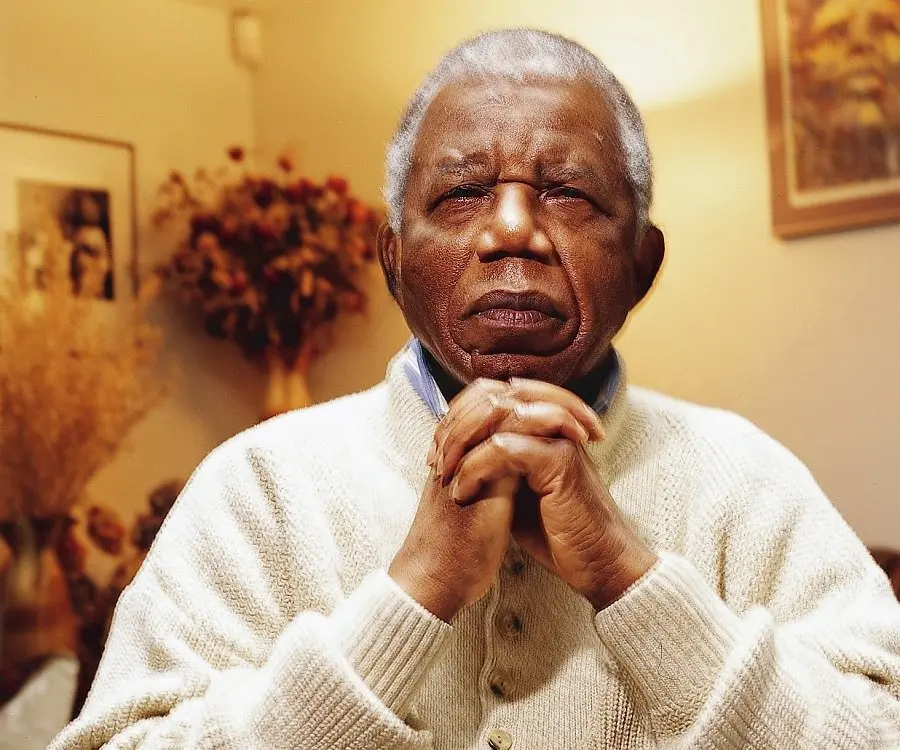
Achebe's literary works—especially "Things Fall Apart"—seek to reclaim African stories from colonial narratives that traditionally distorted or erased African histories and cultures. He believed in helping learners see themselves reflected in the curriculum and countering colonial stereotypes.
Achebe deliberately crafted "Things Fall Apart" as a response to European representations of Africa, particularly Joseph Conrad's "Heart of Darkness" and Joyce Cary's "Mister Johnson." His novel presents Igbo society as complex and sophisticated with its own systems of justice, religion, and social organisation before colonial disruption.
Key implications for academic literacy:
- Reclaiming African stories from colonial distortions
- Providing counter-narratives to colonial historiography
- Helping learners see themselves in the curriculum
- Challenging Eurocentric perspectives in education
This approach transforms academic literacy from mere skill acquisition to a process of cultural reclamation and identity formation. Achebe's narrative strategy demonstrates how literature can serve as both historical documentation and cultural rehabilitation.
"Until the lions have their own historians, the history of the hunt will always glorify the hunter." — African proverb often cited by Achebe



